10 books for the summer
We’ve handpicked 10 books for your summer reading this year wherever you are – on a Greek island, in Tuscany or elsewhere. Our recommendations will help you take stock of these last few months that have given rise to Brownian questions and digital fatigue (among other things). The idea is to re-focus on a really important point: reconnecting with the people around you – but making sure you get the foundations right.
Have a good read!
A World without Email
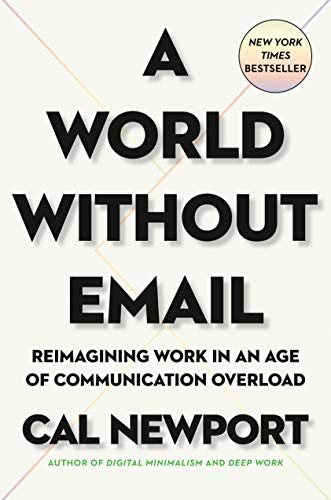
Digital technology + telecommuting = a trap. Working from home has only deepened the fatigue generated by digital technology, as we’re now isolated in front of our screens. Newport’s A World Without Email is his latest attempt to combat this digital fatigue: he provides a handful of tips for working differently, weaning ourselves off email once and for all and using our attention sparingly – all so we can rediscover our full concentration and even start enjoying work again!
The Heart of Business: Leadership Principles for the Next Era of Capitalism
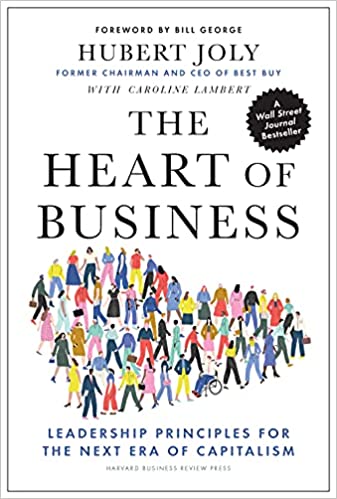
As CEO of Best Buy, Joly revived the company by bringing his fundamental values and beliefs to bear: the need for a mission, putting people first, creating a working environment where everyone can flourish and seeing profit as a result rather than the be-all-and-end-all. It’s not a bad idea to start the summer on a high note!
Dedicated
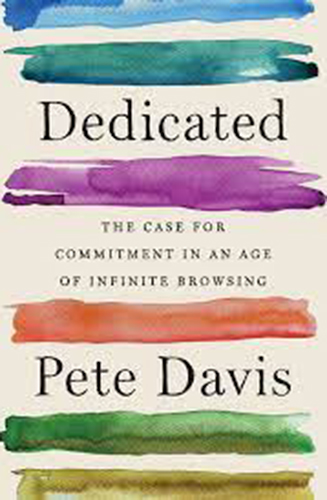
Let’s be clear about this: the times we’re living in are characterized in no small way by restlessness and indecision. We want to keep all our options open when it’s impossible to think about the future, staying in endless browsing mode. How can we find a way out of this quagmire? Because we all aspire to get involved in places, causes and jobs and leave behind this false freedom which is so frustrating. A must read!
The Elevated Communicator
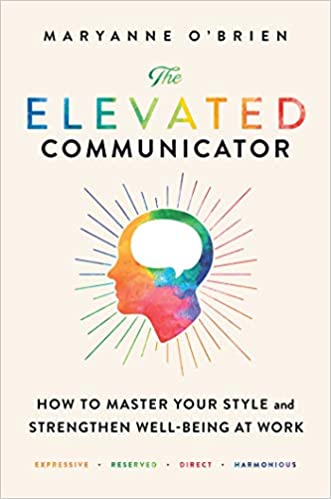
Trust, collaboration, transparency, motivation and well-being at work – are these all states that you try to develop in your teams? You also need to deploy effective communication with every member – which can only be effective if it’s based on understanding your own unique communication styles. So, remember: there’s no such thing as one-size-fits-all in interpersonal communication!
Conflicted
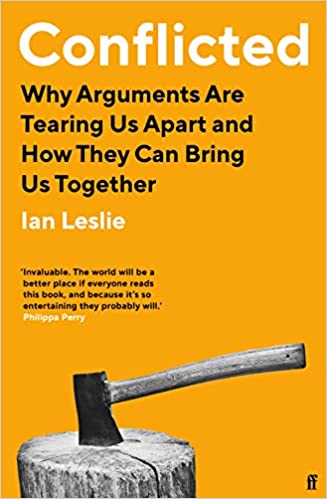
You can’t have failed to notice the relentless rise of increasingly vehement disagreements in recent months, destined to tear us apart with no other way out. While the natural tendency in the face of conflict is fight or flight, there is a third way: enlightened dialogue – which could actually bring us closer together in this progressively polarized world rather than divide us. An edifying read!
The scout mindest
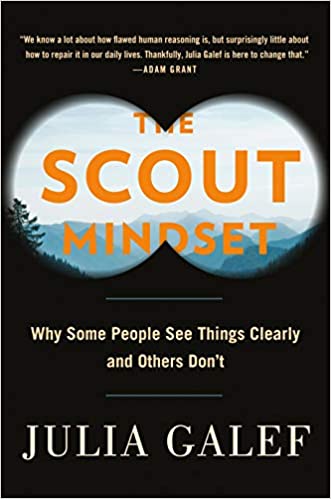
Following on from Adam Grant’s Think Again or Noise, by Kanheman and Sibony, Galef explores the reasons why our brains deceive us and defend the ideas we want to believe in. She also advocates revising our way of thinking about the world: we should be like a scout who sets out to reconnoiter rather than a soldier who believes what he or she wants to see.
Let’s Talk About Hard Things
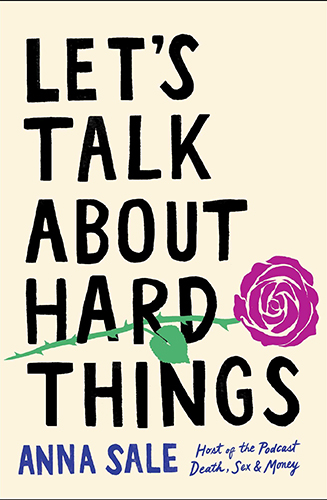
You’ve got to have it, that conversation, the one you’ve been putting off for ages… “It’s never going to work”, or “they’re not going to listen to me”. In other words: how plucking up the courage to talk about tough issues teaches us more about ourselves, showing that understanding is more important than reconciliation, and that communication can connect us rather than divide us.
Useful Delusion
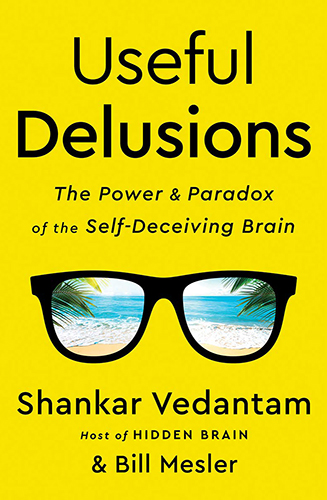
A pocket-sized opus on self-deception – our brain’s ability to talk nonsense and make us believe it. Although we know the risks, the lies we tell ourselves are still rife and may explain our adaptability – or, on the contrary, our stubborn resistance and inability to adapt to a world that’s moving too fast.
Subtract
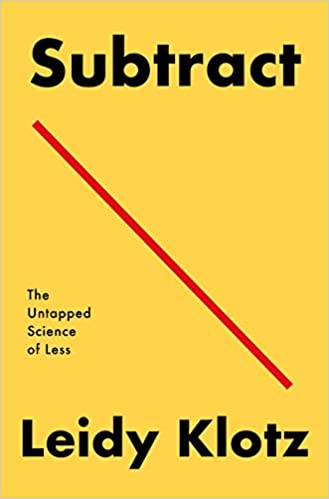
We’re obsessed with piling up “to do” lists and obstacles to overcome without thinking about what we can subtract… and all because we’re mentally wired to solve problems without trying to eliminate issues that have no value or are obsolete. This book is a real paradigm shift, inviting you to tackle problem-solving by thinking about subtraction!
The Extended Mind
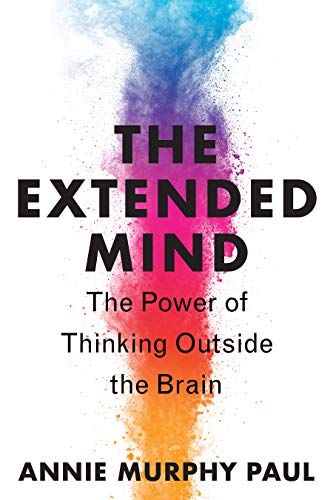
“Use your head!” Who’s never heard this order at least once in their lifetime? Research shows, however, that when faced with a difficult situation or a tricky problem, we put other – extra-neuronal resources – into action, which help us concentrate better, imagine, create and understand… so we might as well be aware of it and learn how to think “outside the brain”.
© Copyright Business Digest - All rights reserved




